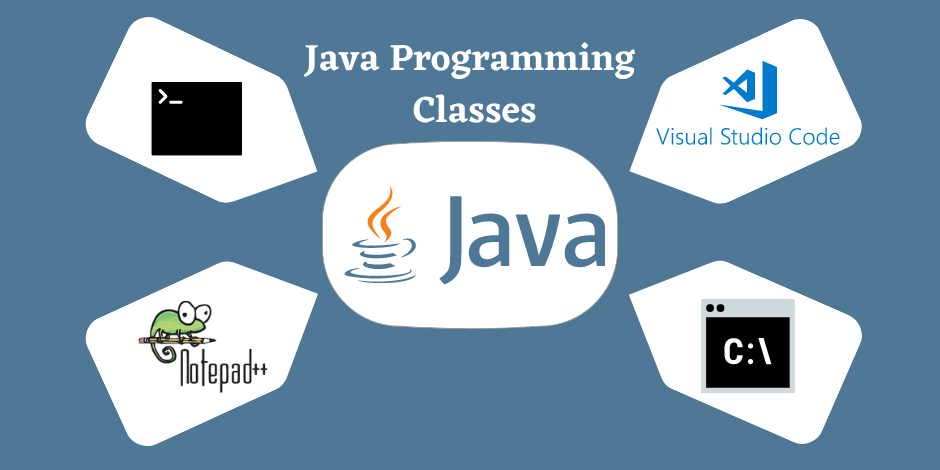Java Full Stack Development Course Details
Do you want to build career as Full Stack Web Developer? Do you want
to build Real time Website like Amazone? Then you are at RIGHT place, you will LOVE
this Course. This course gives you the complete insights of the Full stack Java web
development. The course covers everything from SCRATCH to ADVANCED that you will need
to learn and get certificate. We also teach you how to ACE in INTERVIEW, Eye catchy
Resume building tips, etc as perks of this course.

This course includes Basic to Advanced learnings in Java. you will
learn oop's concepts, objects, classes, properties like encapsulation, inheritance,
data abstraction, etc. you will learn streams and lamda, collections, loops ,
iteration, applying loops to rejex, regular expression , JDBC & SQL, Testing &
Test-Driven Development (TDD) with JUnit,Basics of Web application programming with
the Spring Framework, etc.If you want to create a quick and efficient web
application, this is the best full-stack Java developer course.Our course will teach
you all the basic concepts, tools, functions, and required topics that a Java
developer needs during the web application development process.Java full-stack web
development is one of the most lucrative and fast-growing fields in web development.
The course includes complete practical knowledge. By the end of a course you will be
JOB READY JAVA Developer with live project's experience and certificate.As a Java
Developer, you will be responsible for programming and developing applications and
software using Java programming language. Fıll-stack development includes both sides
of web development: Backend and Frontend development.
There are several good Java Full Stack Development training courses available offline, each with their own strengths and weaknesses. Here are some key topics that should be covered in a good Java Full Stack Development Course :
Core Java concepts such as object-oriented programming, data structures, and algorithms.
Front-end development technologies like HTML, CSS, and JavaScript, as well as popular front-end frameworks such as Angular or React.
Server-side development with Java frameworks such as Spring or Hibernate.
Database design and management with SQL and NoSQL databases.
Restful Web Services, API development, and testing.
DevOps tools like Git, Maven, and Jenkins for continuous integration and deployment.
Security principles and best practices for web development.
Hands-on projects and assignments that enable students to apply their knowledge in real-world scenarios.